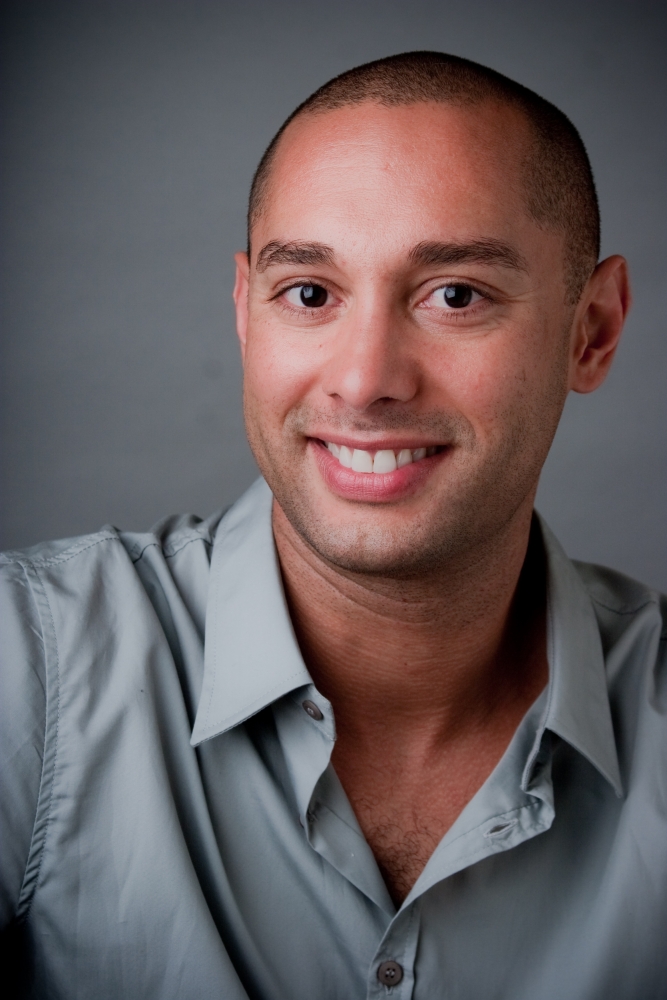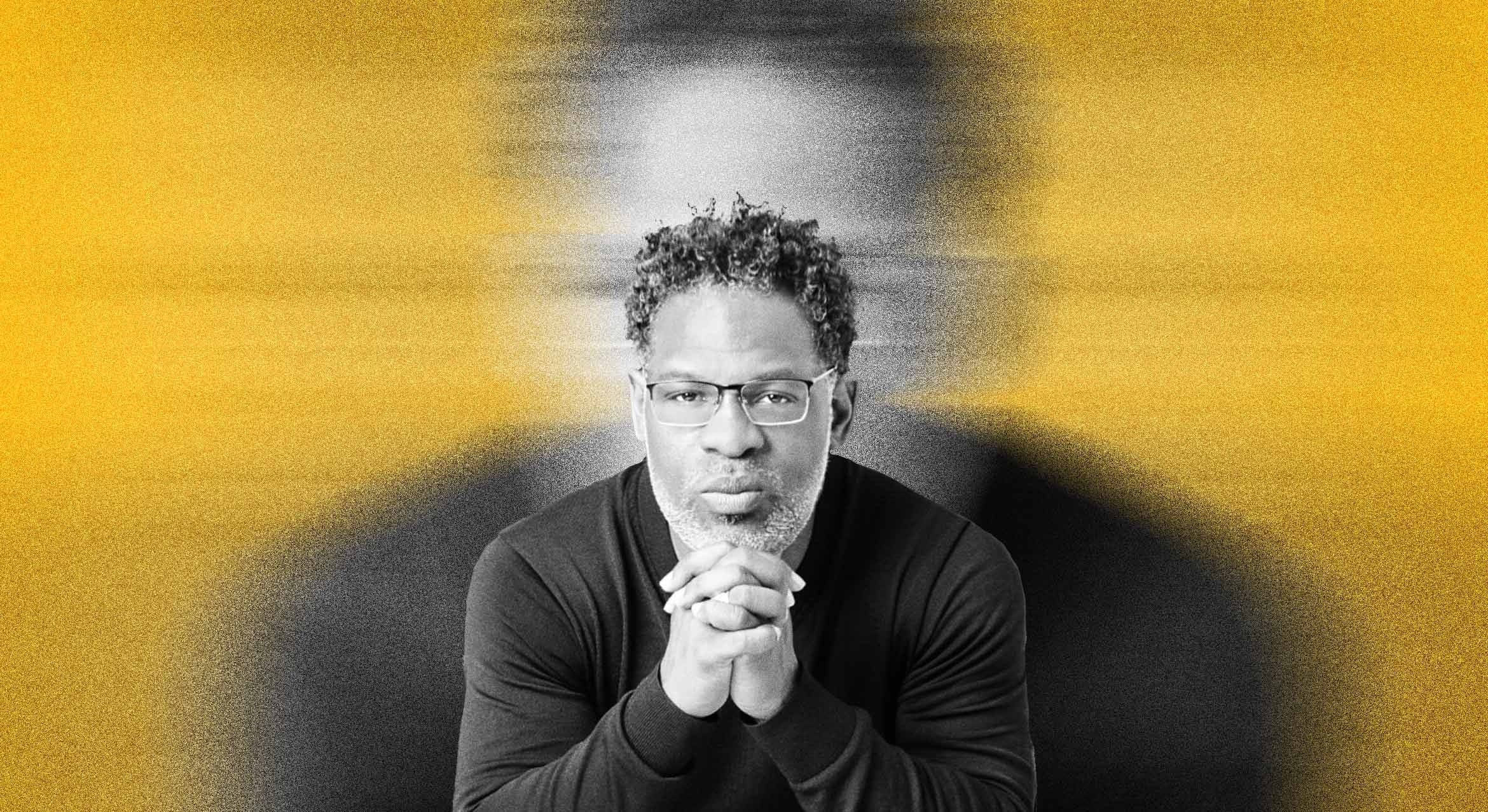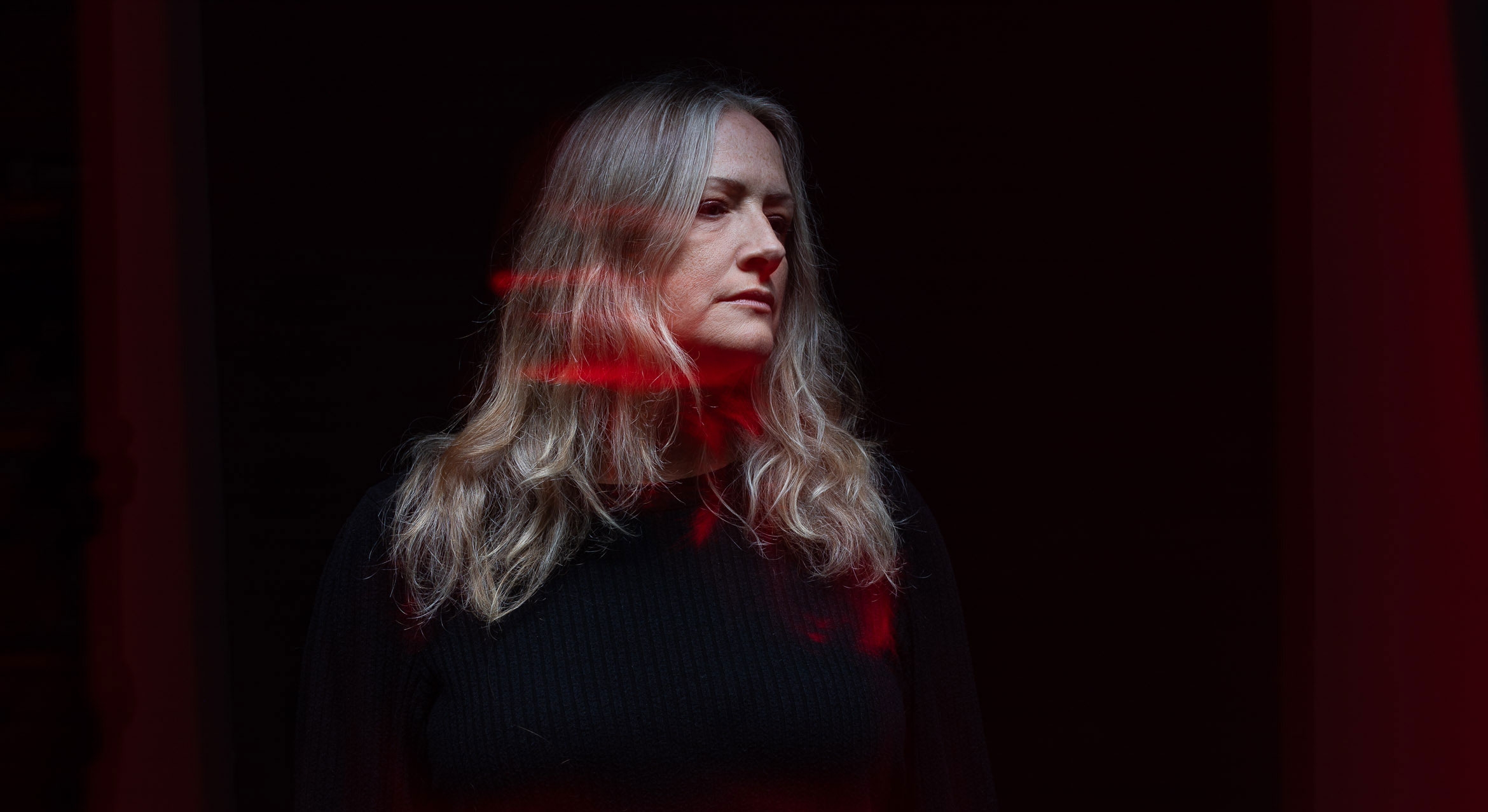From the Margins to the Center

On June 22, 1948, the Empire Windrush arrived at the port of Tilbury in Essex, England. On board were 492 passengers from Jamaica, all seeking to establish new lives in the United Kingdom.
Among the passengers were calypso musicians Lord Kitchener (Aldwyn Roberts), Lord Beginner (Egbert Moore), Lord Woodbine (Harold Adolphus Philips) and Mona Baptiste, as well as 60 or so Polish women displaced during World War II. Many intended to stay for a few years, but the majority settled permanently in what would become their new home country.
On Monday, May 19, the Department of Black Studies at UC Santa Barbara will host a two-day interdisciplinary conference examining the ways in which that first mass arrival signaled a change in the social history of both Britain and the West Indies and impacted demographics in the United Kingdom.
The conference is titled “The Windrush Roundtable: An Emerging Caribbean Studies Scholars’ Symposium Commemorating the 65th Anniversary of the First Large Arrival of West Indian Immigrants to the UK on the MV Empire Windrush.” Beginning at 9:30 a.m. at the campus's MultiCultural Center, it is free and open to the public.
“The voyage of the Windrush allows us to understand the origins and effects of Caribbean migration to the UK,” said Roberto Strongman, associate professor of black studies at UCSB and the conference organizer. “On a symbolic level, it functions as a reiteration of the middle passage from Africa to the Americas and of the mythical beginning of the black British population.
“The experiences of these West Indians, their initial hopes, their disappointments, their difficult encounters with English customs, and discriminations in housing and employment,” he continued, “provide us with a unique perspective from which to understand the experience of African Americans and other black populations in the Western Hemisphere.”
Noted Jeffrey Stewart, UCSB professor and chair of black studies, “Often unacknowledged is the intellectual change that brought forth generations of diasporic intellectuals who redefined what it meant to be British and West Indian.”
The conference will showcase the scholarship of 10 UCSB graduate and postdoctoral students in the field of Caribbean studies, as well as that of researchers from around the country.
Among the events will be a dramatic reading of the 1946 BBC radio program “Caribbean Voices” at 2:15 p.m. Monday, followed by a screening of the 1944 wartime newsreel documentary film “West Indies Calling," which examines West Indian labor in the UK.
Especially noteworthy, according to Stewart, will be the first West Coast showing of “The Stuart Hall Project,” a film directed by John Akomfrah. A talk by Dick Hebdige, professor of art and of film and media studies at UCSB, will accompany the screening. The project honors Stuart Hall, the founder of Black Cultural Studies in England, whom Hebdige considers “a mentor.”
Other participants include Carole Boyce Davies of Cornell University, Aisha Khan of New York University and Lucy Wilson of Loyola Marymount University. Khan and Davies, both from Trinidad, will present keynote addresses on their recent work on black Atlantic migrations. In addition, Wilson will be honored with the Windrush Award for outstanding contributions to the field of Caribbean studies.
More information about the conference, including a complete schedule of speakers and their topics, is available at http://www.blackstudies.ucsb.edu/news/event/325-051214.









